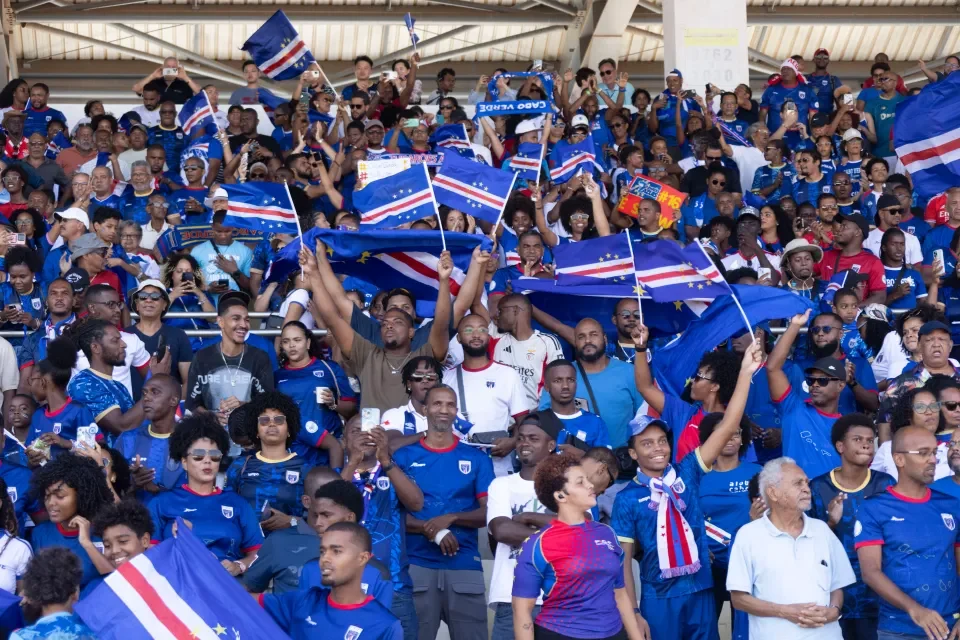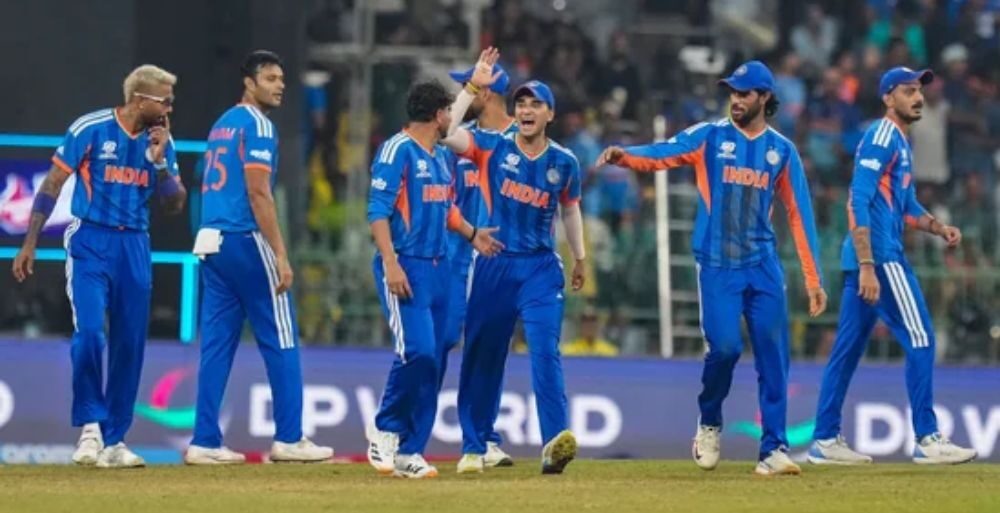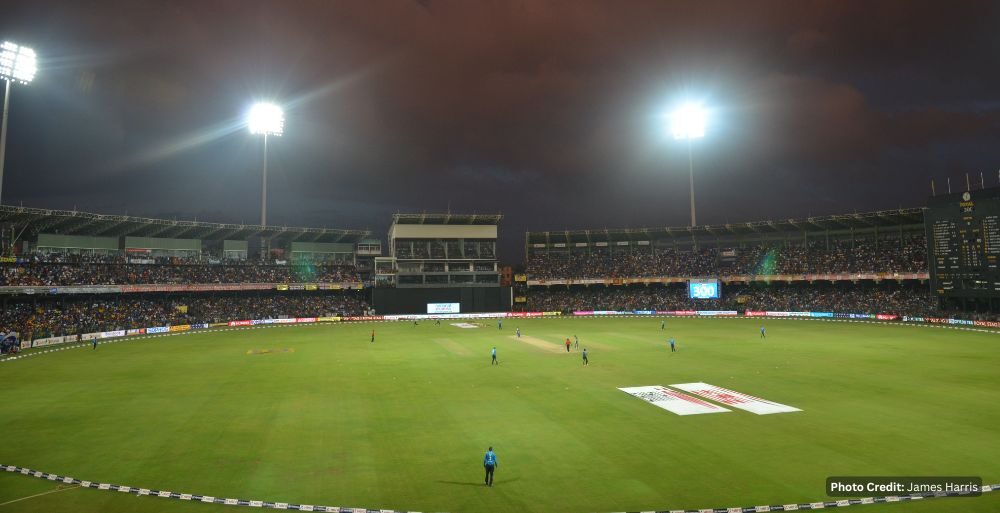Scotland won’t be the biggest longshot at next summer’s World Cup. Several smaller and often overlooked countries — including Curaçao, Haiti, and Cape Verde — are about to become the tournament’s true surprise packages.
They will be joined by fellow newcomers Jordan, Qatar, Panama, and Uzbekistan, where fans poured into the streets to celebrate their historic qualification.
FIFA’s decision to expand the World Cup from 32 to 48 teams opened the door for these footballing underdogs to reach the global stage.
Curaçao Makes History
Curaçao — a Caribbean island similar in size to the Isle of Man, with a population of roughly 155,000 — will be the smallest country ever to compete in the World Cup.
Winger Kenji Gorre, 31, formerly of Northampton Town, summed it up:
“It’s an impossibility that became possible.”
Curaçao is part of the Kingdom of the Netherlands, gained autonomy in 2010, and is just 42 miles from crisis-hit Venezuela. The island currently hosts around 17,000 refugees, despite being only 275 square miles in size.
The national team, coached by Dutch veteran Dick Advocaat, clinched qualification with a goalless draw against Jamaica.
Haiti: A Team Forced to Play Abroad
Ranking: 84
Haiti’s capital, Port-au-Prince, remains under the control of violent gangs. The security situation is so dangerous that:
- The team cannot play home matches in Haiti
- Their French manager, Sebastien Migne, has never visited the country
- Foreigners risk kidnapping
- Flights to the capital are suspended
More than 1.3 million Haitians have fled the violence, and the country is still rebuilding from the 2010 earthquake and recent storms.
Despite all this, Haiti qualified — igniting hope across the nation. The squad features Premier League player Jean-Ricner Bellegarde and will play home fixtures in Curaçao.
Their only previous World Cup appearance was in 1974, where they lost all their matches.
Cape Verde: The Miracle from the Atlantic
Ranking: 68
Cape Verde — a group of volcanic islands 500 miles off West Africa — lacks a professional football league due to the vast distances between islands. They even skipped the World Cup qualifiers in 2002 because they couldn’t afford it.
But thanks to strong diaspora talent, the Blue Sharks topped a qualifying group that included Cameroon.
Key player Pico Lopes of Shamrock Rovers said:
“We’ll play anyone — Brazil, Portugal, England. It doesn’t matter.”
Cape Verde, home to just 540,000 people, attracts nearly 250,000 UK tourists a year but also battles South American drug cartels using its islands for smuggling routes.
Uzbekistan: A Growing Asian Power
Ranking: 50
Former Soviet nation Uzbekistan will make its World Cup debut after decades of near misses.
The country:
- Became independent in 1991
- Is ranked 50th in the world
- Features standout players such as Man City defender Abdukodir Khusanov
After qualifying, the Uzbek FA appointed Italian legend Fabio Cannavaro to lead the team into North America.
FA Vice President Ravshan Irmatov said:
“Thirty-eight million people have waited 34 years for this moment.”
Human rights concerns persist in the country, where political opposition remains heavily restricted.
Jordan: A Football Fairy Tale
Ranking: 66
Jordan qualified for its first-ever World Cup thanks to a stunning hat-trick from Ali Olwan in a 3–0 win over Oman.
Unlike many underdog nations, most of Jordan’s squad plays domestically.
Star winger Musa Al-Tamari represents French club Rennes.
The country, home to 11 million people, has:
- Close historical ties to the UK
- One of the world’s highest refugee populations per capita
- A relatively stable political climate despite bordering Syria and the West Bank
Panama Returns to the Global Stage
Ranking: 30
Panama, known for its canal and distinctive hats, qualified for its second World Cup. England fans will remember the 2018 tournament, where Harry Kane scored a hat-trick in a 6–1 win over the Central American side.
Panama lost all their matches in 2018 but hope for a better showing in 2026.
Most players compete in South America, with defender Michael Murillo now at Marseille.
Their participation may stir political controversy. In 2024, U.S. President Donald Trump threatened to “take back control” of Panama if canal fees weren’t lowered — a reminder of America’s 1989 invasion.
Qatar: Back Again After Hosting 2022
Ranking: 51
Qatar, which hosted the 2022 World Cup, returned by winning their qualifying group. They sealed their place after beating rivals UAE 2–1 in front of a packed Doha stadium — a match followed by fan clashes.
The team, coached by former West Ham boss Julen Lopetegui, consists entirely of players from Qatar’s domestic league.
The country has previously faced criticism for offering financial incentives to foreign-born players to switch national allegiance.















